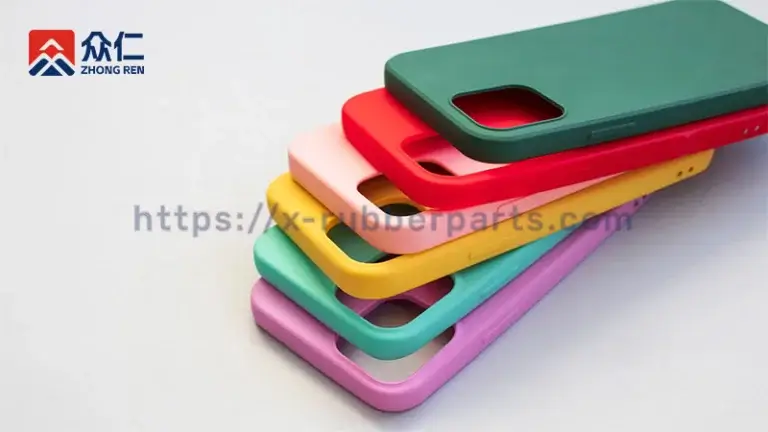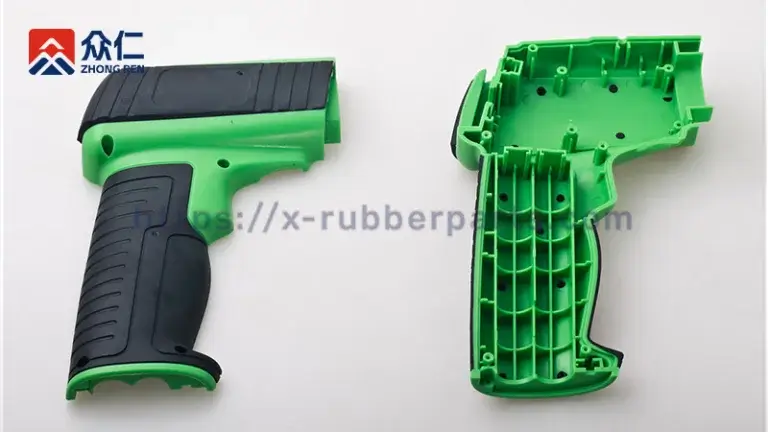

Custom TPV Molding Product
Custom TPV Molding Solution
Zhongren is your trusted partner in custom TPV molding, specializing in the production of complex, high-performance thermoplastic vulcanizate parts. With advanced capabilities and years of material experience, we develop TPV components tailored to your application, combining rubber-like flexibility with the processability of plastics. TPV molding is ideal for flexible and weather-resistant components, combining the ease of thermoplastic processing with the resilience of vulcanized rubber.
How Are TPV Parts Manufactured?
We utilize a variety of thermoplastic processing methods to produce high-quality TPV components based on your design:
- TPV Injection Molding
- TPV Extrusion Molding
- TPV Overmolding
- Insert Molding with TPV
TPV processing requires precise control of temperature, mold design, and shear rate to achieve ideal elasticity, strength, and surface finish.
Common Applications of TPV Products
Thanks to its flexibility, UV stability, and excellent sealing ability, TPV is widely used in:
- Automotive weather seals & trim
- Wire and cable insulation
- HVAC gaskets
- Soft-touch grips and handles
- Electrical enclosures
- Appliance seals
- Tubing and hoses
- Industrial vibration dampeners
Our Valued-Added Services
- Design and Engineering Support
- Material Testing and Certification
- Surface Finishing and Printing
- Assembly and Sub-Assembly
- Custom Packaging and Labeling
Advantages of TPV Molding
- Excellent UV, ozone, and chemical resistance
- Soft-touch feel with rubber-like flexibility
- Recyclable and lightweight
- Maintains elasticity from -50°C to 135°C
- Superior fatigue and compression set resistance
- Easy to process via injection molding or extrusion
Disadvantages of TPV Molding
- Limited resistance to fuels, oils, and hydrocarbons
- Lower heat resistance than some thermoset rubbers (e.g., silicone)
- May require precise tooling to achieve consistent bonding in overmolding
FAQ with TPV Molding
Can TPV be customized in hardness and color?
Yes. We offer TPV compounds in custom colors, durometers, and formulations to meet your exact requirements.
How does TPV compare to rubber?
Is TPV suitable for outdoor use?
Absolutely. TPV has excellent UV and weather resistance, making it ideal for long-term outdoor applications.
What is the difference between TPV and TPE?
TPV is a type of TPE that undergoes dynamic vulcanization, giving it better heat and chemical resistance than standard TPEs.
Can TPV be overmolded onto plastic or metal?
Yes. TPV can be overmolded onto compatible substrates with proper surface preparation and tooling.
Is TPV food-grade?
Yes, food-grade TPV formulations are available that comply with FDA, UL, and RoHS standards upon request.
